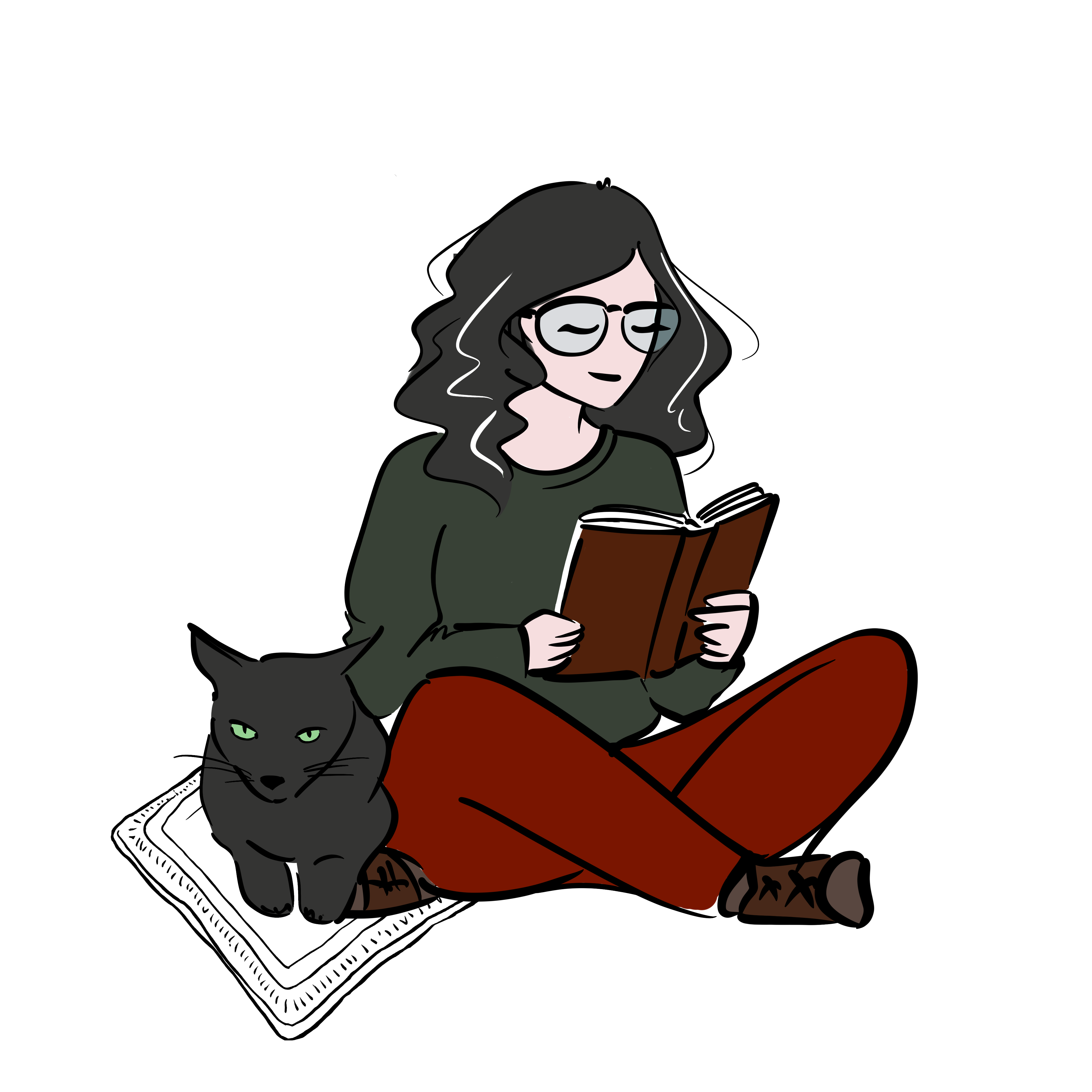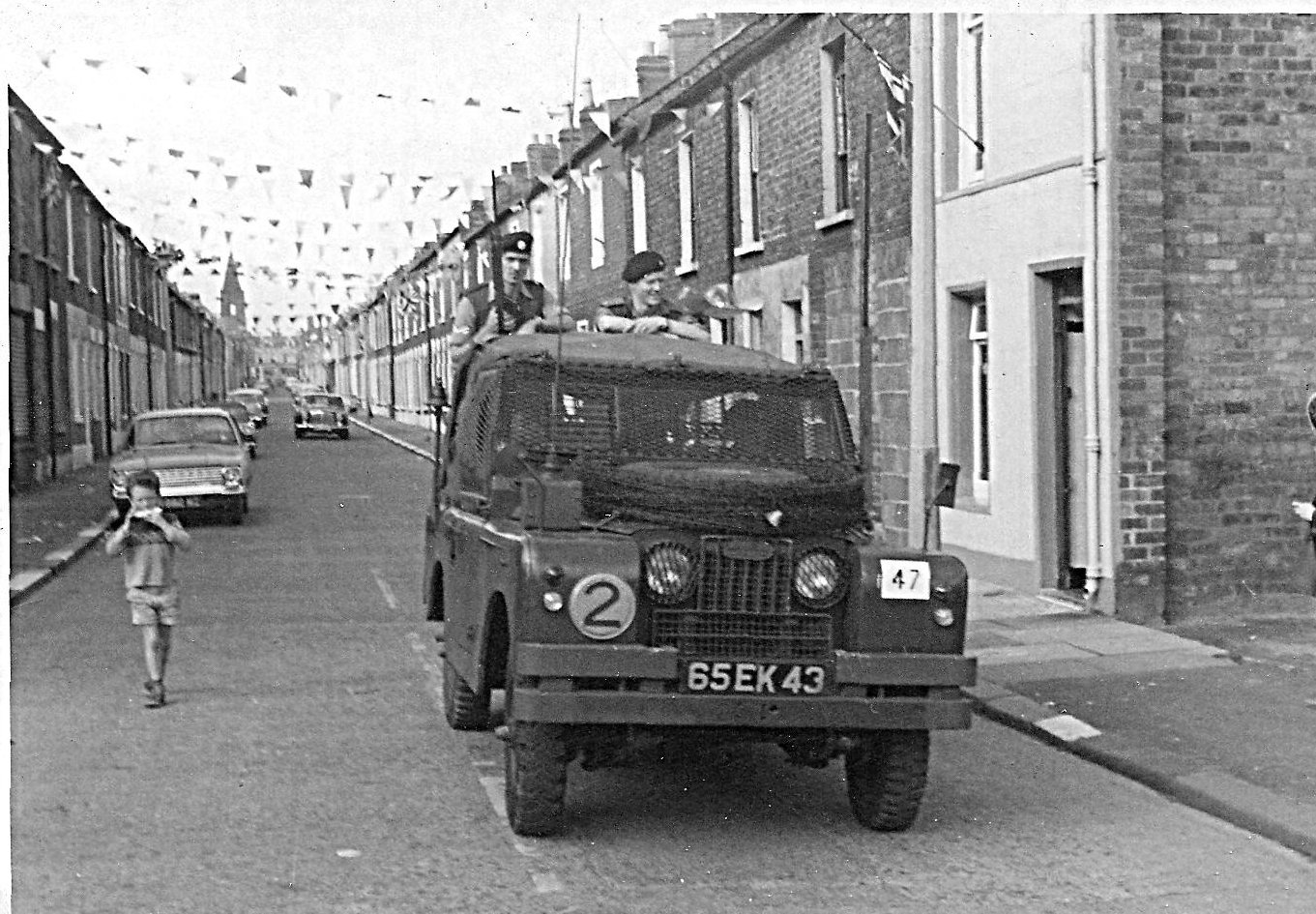Even before Prophet Song, Paul Lynch’s fifth novel, won the Booker Prize in November 2023, was already considerable buzz surrounding it. Though some complained about the surplus of Pauls in that year’s edition, I do not think anybody could berate Lynch’s victory.
In various iterations of the blurb, following the Booker win, the BBC called Prophet Song “a dystopian vision of Ireland in the grips of totalitarianism”. NPR described it as “set in a dystopian fictional version of Dublin”. The New York Times highlighted that “The judges for the prestigious award were not unanimous in their decision to select this novel, which depicts an Ireland descending into totalitarianism.” The book has since been recommended by Cillian Murphy and Eileen Walsh while promoting the film adaptation of Small Things Like These. While I am not so sure about calling it a dystopia, it deserves all the flowers it has been granted. Still, much like its Booker contender, The Bee Sting, Prophet Song takes a while to digest.
Though this is quite a short novel, I could only get through short sections of it in each sitting. Whenever I read it before bed, I had terrible, vicious nightmares. I often found myself irrationally berating its main character, Eilish Stack. She is a scientific researcher, her husband Larry is a teacher and a trade unionist. They have four children, one of whom is still a baby. One evening, the police knock at their door; they want to interrogate Larry, but really, they want to give him a warning against demonstrating against the government or in any way, really. This worries Eilish, but Larry does not believe it can be anything too serious. Soon, people begin to disappear. Larry is one of them. The novel follows this encroachment of totalitarianism that is made possible both by violence and murder, of course, but also by people’s disbelief that it could get that bad, that such things would, in fact, happen in the modern Ireland of the future. So though Eilish worries when the police comes for her husband for the first time, as she is thrust into single parenthood in an uncharted new reality where you could at any moment step on the wrong person’s toes, she herself becomes paralysed by the belief that it could not get any worse. Surely, the world had to be watching. Someone would help. Her ailing father tells her she must leave Ireland. Her sister who lives in Canada pleads with her to abandon everything, take the children, and go. But she worries that Larry will, at some point, come home looking for them. Besides, her father needs her help. So she stays. She waits. And then she learns that Larry is not to be her only loss.
Paul Lynch has described his novel as “an attempt at radical empathy”. He does that by recreating in a developed, Western country, the kind of sense of impermanence and political instability that is usually reserved for countries in other areas of the planet – from the Global South to the Middle East. In the same interview, he explains where Prophet Song is coming from:
I was trying to see into the modern chaos. The unrest in Western democracies. The problem of Syria – the implosion of an entire nation, the scale of its refugee crisis and the West’s indifference. The invasion of Ukraine had not even begun. I couldn’t write directly about Syria so I brought the problem to Ireland as a simulation. The book began with a problem that Larry Stack is faced with: how do you prove that a democratic act is not an act against the state? The novel grew in complexity and developed its own implacable logic. It began to speak to multiple political realities all at once. There’s a line from Cormac McCarthy’s The Crossing that I sought to use as an epigraph that speaks to my intention, but Cormac was unwell and we couldn’t get permission in time for publication: ‘The task of the narrator is not an easy one … He appears to be required to choose his tale from among the many that are possible. But of course that is not the case. The case is rather to make many of the one.’
This response is quite interesting in the sense that in thinking about a modern chaos that spreads around the world, we cannot help but also think of it throughout time. If the word dystopia has been elected as adequate to market this novel, the fact remains that while the events of the novel seem unthinkable to a twenty-first-century, modern Ireland, the country has faced states of exception and civil war in its recent history. It seems nearly impossible to read Prophet Song without having it also evoke the ghosts of the Troubles. Whenever the matter of the term dystopia arises, writers that rail against it will ask: is it really dystopian if it reflects a reality currently or previously experienced somewhere in the world? And if it is or has been a reality, isn’t transposing it to a different context merely an exercise in imagination?
In her review of Paul Lynch’s Prophet Song, Aimée Walsh compared it to Anna Burns’s Milkman:
The book is also reminiscent of Anna Burns’s Milkman in that it’s an important story aching to be told, heavy with the reality it bears. While Burns wrote of sexual harassment, Lynch’s dystopian Ireland reflects the reality of war-torn countries, where refugees take to the sea to escape persecution on land. Prophet Song echoes the violence in Palestine, Ukraine and Syria, and the experience of all those who flee from war-torn countries. This is a story of bloodshed and heartache that strikes at the core of the inhumanity of western politicians’ responses to the refugee crisis.
But I would extend the comparison further, in the sense that both novels are steeped in the timelessness of the collective traumas of war. In Milkman, Burns’s narrator never names Ireland, England, Belfast and especially the Troubles. And yet, those places, those facts, that particular ethos of violence are precisely what define the main character’s life. I am not arguing that Prophet Song is about the Troubles. It is quite clear – maybe to the point of being a little on the nose – with its parallels to the refugees of the present, but I could not help thinking of the remains of Ireland’s traumatic past while reading it as well.
As I mentioned in the beginning of this review, I often found myself berating Eilish for not leaving – For the love of God, madam, just listen to your sister and go – all the while kicking myself for that impulse, because I understood exactly why she would not, could not. She is displaced from her life from the moment the novel begins and like a tragic Shakespearean hero, she must face the violence and the choice of others – usually of men – to the very end.
I have thought of this novel many times since I finished it, trying to formulate into words an explanation for how it struck me. Is this not a sign of some great writing? I hope you get the chance to read it and appreciate it as well.
Photo credit: Coldstream Guardsmen on Mobile Patrol, Argyle Street, Belfast. by Kaspar C on Flickr

